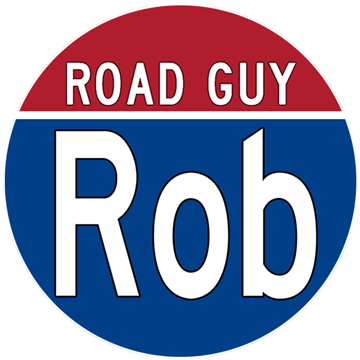It’s likely your sandwich will get a ride in an autonomous vehicle (AV) before you do. For safety reasons, I’m completely fine with that. The bigger question is, how soon will GrubHub roll up in front of my apartment?
The future of AV food and package deliveries will depend on how quickly tech companies work out the bugs. And the only way to discover the bugs is mileage on the road. Millions and millions of miles.
Golden State roads may as well be paved in gold. The state’s highways are prime real estate for AV research. It’s home court advantage, as Tesla and Waymo base their headquarters here. The weather is generally sunny, which is friendly for infant self-driving hardware. And California’s governments tend to be friendly toward AV testing … if companies follow the rules.
Pool Rules
California may go crazy writing rules. They do so for good reason. A few short years ago, manned AV testing exploded from no miles to Waymo’s one-million miles in 2018. And each minute the company was paying a technician who could grab the wheel. Imagine how mileage will spike when testing expands to unmanned vehicles.
Tech companies focus on making the car behave itself while in motion. Engineers make clever sensors which track pedestrians, detect lane markings, and read speed limits. Government policymakers focus on how the car behaves when it stops.

Curbside behavior is a hot new focus of study. Beyond airports, cities never focused on curbs much. People arrive by transit or parked in lots and garages. Now, thousands of people are clicking on Uber or Lyft rides. Busy venues see manned vehicles queue for miles as drivers await passenger pickup. Now imagine halftime — a swarm of unmanned food vans flooding curbs beside big apartment buildings.
California’s Department of Motor Vehicles (DMV) will have ultimate say over rules for unmanned delivery AVs. These rules will be the key which unlocks access to test delivery vehicles on roads in the state. Among the mountains of pages, two of the rules DMV propose:
- Companies operating delivery AVs cannot charge money during testing. Obviously, the companies won’t like that. They anticipate a huge scales up as testing progresses — and they counted on customer fees helping to pay for it. Advocates for the rule are concerned companies may cut corners to stay profitable, rather the focusing on test results.
- Companies would have to clearly mark the name of their business on the sides of the delivery AV. An easy requirement to meet, and I can’t imagine much protest.
Teamsters oppose any rule change. The union is quick to point of how UPS hires 100,000 middle-class package drivers across California. While those jobs are safe for the foreseeable future, it must be scary seeing automation knocking at your door — holding a pizza.
